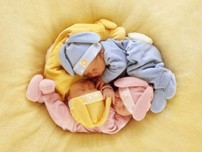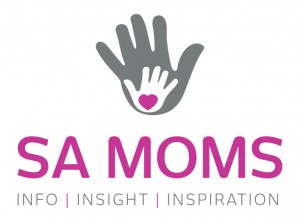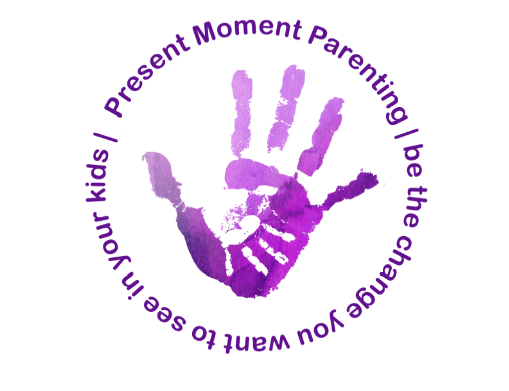
Do you ever find yourself saying things like, “You kids are always making such a mess” or “Why can’t you study nicely like your brother?” or “Can you see how quietly your sister is sitting at the table?” or “You’re so much fussier about your food than you were when you were a toddler”?
Too often we either lump our kids together like they’re one organism and not two or three (or four or five) unique individuals; or we compare them to each other or to us; or we even compare them to what they used to be like or to other children of the same age.
Whenever we make a comparison between our kids, or ourselves, or compare them to specific milestones that we think they should have reached, we focus on what they’re not rather than what they are. Children are not some adult in the making, they’re perfect and complete in this moment, exactly as they are.
Too often we either lump our kids together like they’re one organism and not two or three (or four or five) unique individuals; or we compare them to each other or to us; or we even compare them to what they used to be like or to other children of the same age.
Whenever we make a comparison between our kids, or ourselves, or compare them to specific milestones that we think they should have reached, we focus on what they’re not rather than what they are. Children are not some adult in the making, they’re perfect and complete in this moment, exactly as they are.
Children are growing, evolving, unique individuals and we need to start seeing and treating them as such – appreciating them for who and what they are in this particular moment now.
A great exercise for doing this is to make a list for each of your children of all the things that you love about them – make sure that each child’s list is different from the others and that you are really picking out their unique qualities. Then share these lists with your kids and make sure that they know that you love them for who they are, as they are NOW – that they don’t need to be or do anything to be worthy of your love.
I would even encourage you to add in some so-called “negative” qualities. What we see as negative is often just a case of perspective. See if you can find a positive way to view some aspect of your child that you previously thought of as negative.
And then make a list for yourself too – our capacity to love another human being is directly related to how much we love ourselves.
If you’re struggling with self-love, please give me a call – no matter what you’ve been through or how bad you think you are, there is always another way to look at it and helping your kids always begins with helping yourself.
Be the change you want to see in your kids!
A great exercise for doing this is to make a list for each of your children of all the things that you love about them – make sure that each child’s list is different from the others and that you are really picking out their unique qualities. Then share these lists with your kids and make sure that they know that you love them for who they are, as they are NOW – that they don’t need to be or do anything to be worthy of your love.
I would even encourage you to add in some so-called “negative” qualities. What we see as negative is often just a case of perspective. See if you can find a positive way to view some aspect of your child that you previously thought of as negative.
And then make a list for yourself too – our capacity to love another human being is directly related to how much we love ourselves.
If you’re struggling with self-love, please give me a call – no matter what you’ve been through or how bad you think you are, there is always another way to look at it and helping your kids always begins with helping yourself.
Be the change you want to see in your kids!







 RSS Feed
RSS Feed